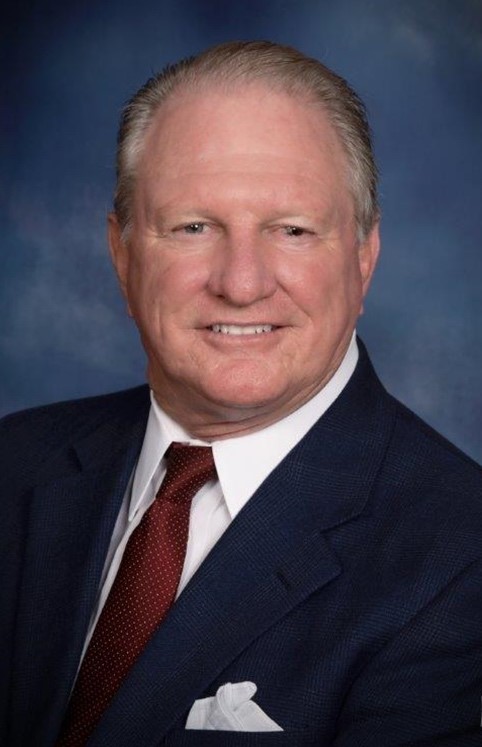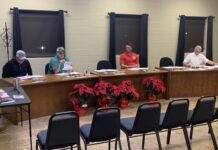MONTGOMERY, Ala. – Recent heavy rains put the spotlight on one of the most common yet difficult to resolve environmental concerns – untreated or partially treated sewage leaking into our rivers, lakes and streams. Inflow of rainwater through cracked pipes or faulty manhole covers and infiltration of groundwater through deteriorated sewer lines can overwhelm a sewer system and send sewage into waterways.
We call these SSOs, or “sanitary sewer overflows.” Bodies of waters contaminated by sewage can carry E. coli and other bacteria which pose health risks to the public.
Of course, inflow and infiltration of water aren’t the only causes of SSOs. Blockages of sewer lines from household grease disposal or roots, line breaks, power failures, vandalism, inadequate sewer system capacity or design and equipment failures can all cause sanitary sewer overflows. In fact, the country’s aging and outdated infrastructure, including municipal sanitary sewer systems, creates special challenges for those systems and environmental regulators as well.
The Alabama Department of Environmental Management takes sanitary sewer overflows seriously due to these obvious public health risks they produce. They are committed both to warning the public of SSOs when they occur and, more importantly, working with the sewer systems to remedy the problems that led to the SSOs. Sewer systems are also held accountable, like all polluters, when they fail to take adequate steps to prevent SSOs.
The issues facing the Guntersville Water and Sewer Board are an example of the complexities of the SSO problem. An environmental group is threatening to sue the city over SSOs into Lake Guntersville and area waterways. In its letter of intent to sue, the group says it wants a court injunction to force the Water and Sewer Board to stop the SSOs, and the group’s founder was quoted in a recent news story saying it was taking this action to enforce the Clean Water Act as ADEM wasn’t taking action.
Certainly, ADEM recognizes and supports the right of citizens and citizen groups to take such legal actions. In fact, that right is ensured under the Clean Water Act.
The problem is, Guntersville is already taking steps to repair and upgrade its sewer system, with the technical assistance and oversight of ADEM.
Since a 2013 consent order with ADEM, the Sewer and Water Board reports it has spent more than $18 million on repairs and improvements to its wastewater system. It plans to spend another $5.5 million over the next two years.
Not unlike many sewer systems across the country, the system faces many issues in resolving its SSO problems. Inflow and infiltration at vulnerable locations due to heavy rainfall, equipment failures, increased demands due to commercial and industrial growth, insufficient capacity and even a lightning strike were cited by the system’s engineer as contributors to its problems.
The cost of repairs and upgrades to wastewater systems are borne by the residents and businesses that use the systems through higher sewer fees.
While many citizen lawsuits that attempt to force compliance might be well-intentioned, they often add the cost of lawyers, court fees etc., but do little or nothing to resolve the system’s SSO problems.
ADEM’s goal is for the problems to be fixed. That’s why we take enforcement actions which sometimes lead to consent orders requiring the violators to take specific steps, with specific timelines, to address the violations. Consent orders are enforceable in a court of law, and they don’t necessarily absolve violators of penalties.
For the protection of the environment and public from SSOs, ADEM also:
• Offers low-interest loans and assists in obtaining other funding to help wastewater systems upgrade their infrastructure.
• Provides technical assistance to help systems optimize operations and reduce costs.
• Provides operator training and certification.
• Assists in the development of SSO response plans.
• Inspects systems on a regular basis for potential problems that could lead to SSOs.
• Requires wastewater systems to immediately notify the public of SSOs.
As the director of ADEM, I take personally any suggestion that this agency is lax on holding water and sewer systems – indeed any polluter – accountable for any violations that affect public health or the environment. Our state water rules match or exceeds federal EPA requirements. In addition, the EPA consistently ranks ADEM among the leading state environmental agencies in the southeast in levying fines when violations occur.
We understand, and we want the public to understand, that the true objective is to stop and prevent violations through the most effective means. Simply filing lawsuits doesn’t get it done.





























